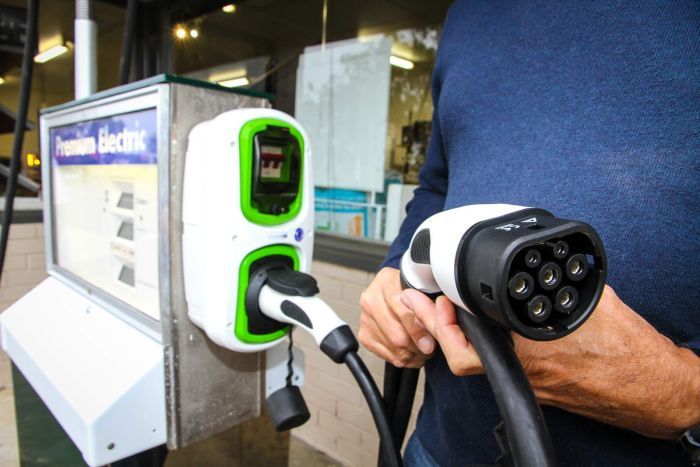The Karnataka government has suggested a subsidy of 20 percent or Rs 10 lakh, whichever is higher, to individuals keen to set up public charging stations for electric vehicles. An EV charging station costs between Rs 30-40 lakh.
An official believed the subsidy is expected to encourage people to invest in the installation of EV charging stations, a step towards building the EV infrastructure that the state capital Bengaluru lacks.
“We have decided to offer a subsidy of 20 percent to any individual who comes forward to develop charging stations. The proposal on subsidy will be sent to the government for approval,” an officer in the state’s commerce and industries department expressed.
Karnataka was the first state to announce an electric vehicle policy in 2017. The state government had then said it aims to make Bengaluru the electric vehicle capital of India.
The Karnataka Electric Vehicle and Energy Storage Policy target to accomplish 100 percent electric mobility by 2030 in certain vehicle segments. But the state has made diminutive progress since then, with Bengaluru missing the infrastructure required to boost electric mobility. The lack of charging stations is seen as a major barrier. There are about 10,000 e-vehicles in Bengaluru.
The city has 70 EV charging stations with 126 chargers, most of which are positioned in public areas. The government has approved the installation of an additional 150 stations and the industries department is in talks with local government agencies to look out for space to set up stations.
The suggestion to offer a subsidy is a part of the guidelines and standards for charging infrastructure for electric vehicles that the state is coming up with. “We have drafted the EV charging infrastructure guidelines for the state on the lines of the specifications that the Centre laid down last year,” an official in the commerce and industries believed.
The power ministry had issued revised guidelines and standards on EV charging infrastructure in October 2019. The state has retained the Centre’s guidelines as the base and has suggested to make at least one charging station available in a grid of 3kmX3km and one station at every 25 km on both sides of highways/roads.
The state, in its suggested guidelines, has said it desires to proactively support the creation of EV charging infrastructure in the initial phase and eventually create a market for EV charging business.












